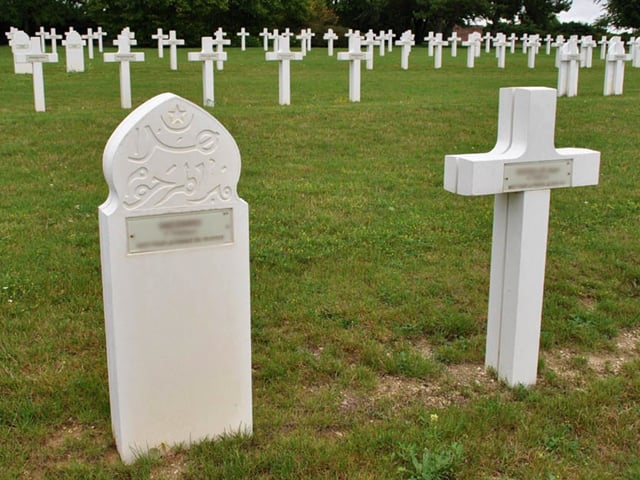In times of loss, we often discover what truly connects us. Grief is universal. So is the human need to console and be consoled. In our increasingly diverse communities, moments of mourning often blur religious lines, prompting a difficult but necessary question: Can a devout Muslim honor the death of a non-Muslim friend, neighbor, or relative without crossing the line of religious boundaries?
A recent publication in the Fountain University Journal of Arts and Humanities (FUJAH) addresses this delicate but important topic head-on. Titled “Muslims’ Participation in Non-Muslim Burial Rites: The Position of Islam”, the work by Onike Morufu Abdul-Azeez and Dr. Mubarak Abiodun Yusuff offers a thoughtful and balanced perspective, grounded in scripture and tradition, yet sensitive to our modern realities.
The question they explore is not merely academic. It touches the daily lives of Muslims living in religiously plural societies, where bonds of friendship, family, and neighborhood often span faiths. Can a Muslim attend a wake? Help bury a Christian parent? Walk behind a Hindu friend’s coffin? The answers, as laid out in the publication, are surprisingly nuanced.
The authors begin with a poignant hadith: when the funeral of a Jewish man passed by, the Prophet Muhammad (peace be upon him) stood up in respect. When questioned, he responded, “Was he not a soul?” This moment, brief but powerful, becomes a compass in the discussion, a reminder that every human being is worthy of dignity, even in death.
From this foundation, the publication carefully draws the line between what is prohibited, such as offering prayers for a non-Muslim deceased or participating in religious rituals that contradict Islamic belief, and what is permitted, or even encouraged: following a funeral procession, offering condolences to the bereaved, and even helping with the burial when necessary.
This distinction matters. It shows that Islam, far from being rigid or isolating, allows space for compassion, empathy, and social responsibility, especially in moments that call for shared humanity.
The paper doesn’t shy away from caution either. It firmly opposes Muslims participating in practices like wake-keeping feasts, religious supplications, or rituals that conflict with Islamic principles. The line is clear: respect does not require compromise of faith.
What makes this work stand out is its relevance. In Nigeria and beyond, we live in multi-faith societies where interactions between Muslims and non-Muslims are inevitable, in business, in friendship, in family. Understanding how to navigate these relationships with both integrity and kindness is a pressing need.
This publication offers more than scholarly insight. It offers guidance rooted in classical Islamic jurisprudence, yet presented in a language that today’s Muslim can relate to. It’s a framework that helps us be true to our faith while being present for our fellow human beings.
In death, just as in life, there are bridges to be built, not of creed, but of compassion. Let us be the builders.
Read the full publication here:
https://www.fountainjournals.com/index.php/fujah/article/view/753

